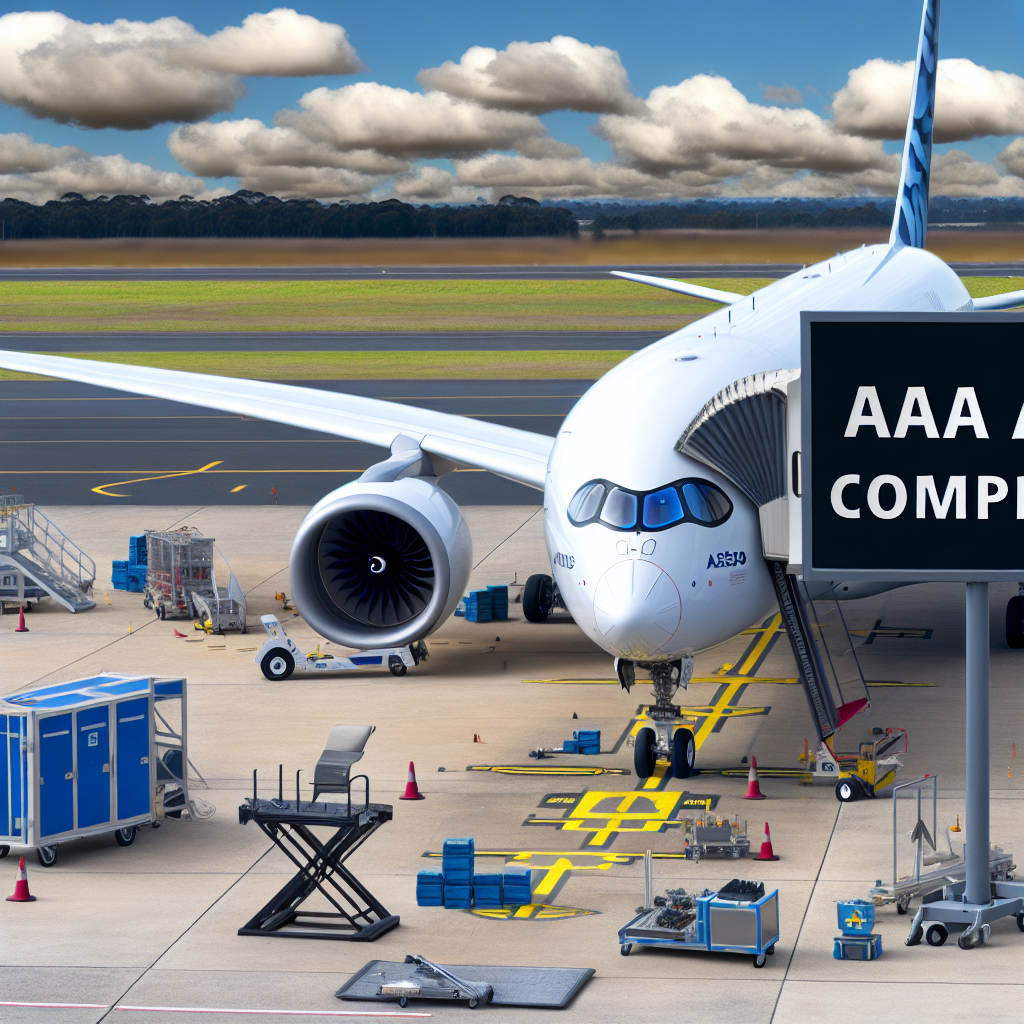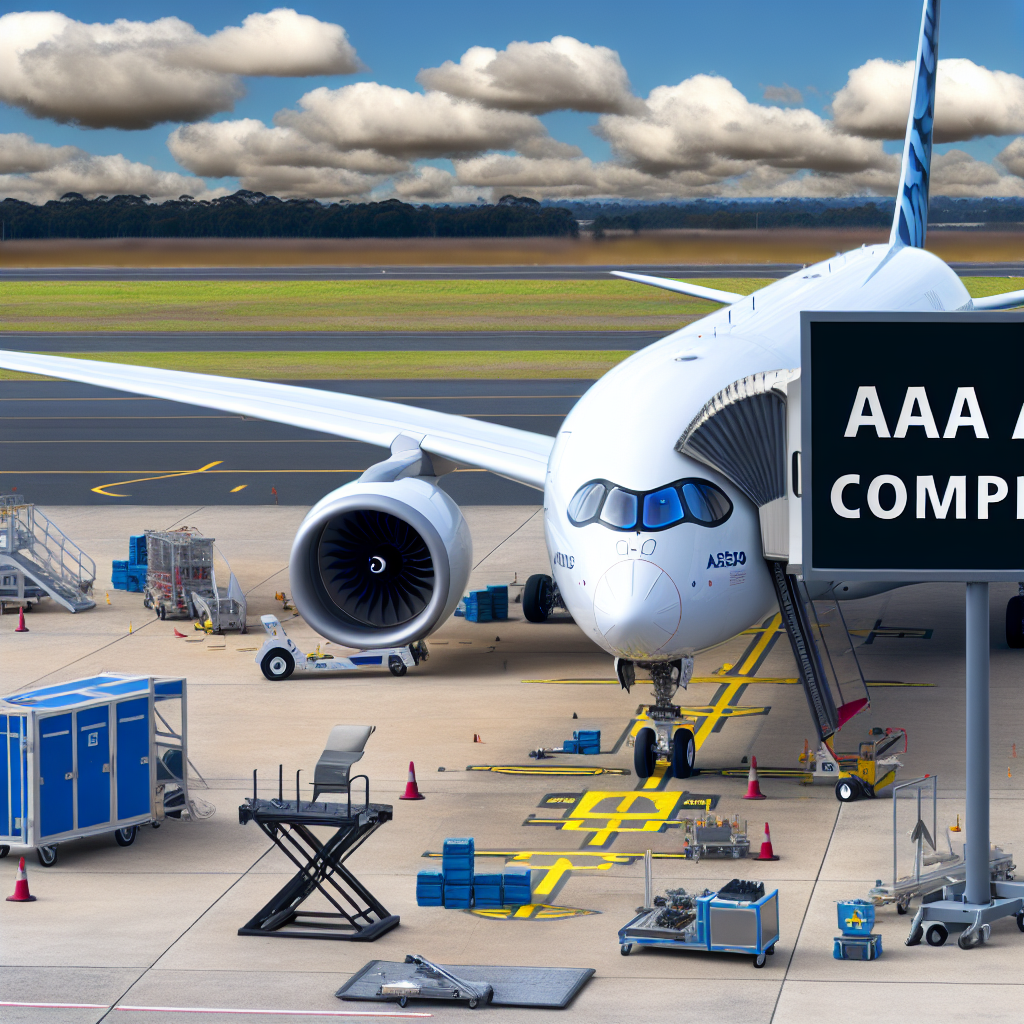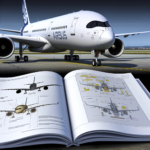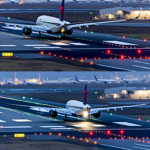WASHINGTON- The Federal Aviation Administration (FAA) has released a new airworthiness directive that affects all Airbus A350-900 and A350-1000 aircraft. This directive requires updates to the Aircraft Flight Manual (AFM) due to erroneous taxi time limits under freezing fog conditions that may compromise safety.
This directive is particularly significant for operations at U.S. airports such as Hartsfield–Jackson Atlanta International (ATL) and impacts 32 U.S.-registered aircraft, notably those flown by Delta Air Lines (DL). Compliance with the updated directive is mandated by August 5, 2025.
The FAA’s final rule, AD 2025-13-03, necessitates changes to the Airbus A350 manuals to rectify the cumulative taxi time limits specified for freezing fog conditions.
The agency has indicated that the prior errors could lead to engine surges during taxi operations, particularly during critical phases of flight, and thus heighten the risk of control issues with the aircraft.
This directive is aligned with the European Union Aviation Safety Agency (EASA) AD 2024-0190, which initially highlighted the error in October 2024. The FAA confirmed that the Airbus AFM included incorrect time values that could jeopardize safe taxiing in environments prone to fog.
Airlines affected by the directive must update the relevant AFM in accordance with the Airbus Document Unit (DU) revisions that comply with EASA’s recommendations. There is no requirement for airlines to conduct additional crew briefings, since existing FAA operational rules already address these procedures.

Minimal Costs but High Safety Impact
The FAA estimates manual updates will be necessary for 32 A350s registered in the U.S. Since the directive does not require hardware changes or additional parts, it imposes a relatively low compliance cost, estimated at around $85 per aircraft for labor.
These adjustments are expected to take about one work hour per aircraft, resulting in a total cost of about $85 per aircraft and an overall cumulative cost of approximately $2,720 for U.S. operators.
While the financial impact is minimal, the safety ramifications are significant. Precise procedural guidance in adverse weather conditions, such as freezing fog, is essential for maintaining engine reliability and overall flight safety.
Currently, Delta Air Lines (DL) is the sole U.S. operator of the A350 fleet.
The Air Line Pilots Association (ALPA) was the only party to comment during the notice period, expressing support for the measure without requesting revisions. Airlines must ensure compliance by the set deadline, unless changes have already been implemented, as noted by AirlineGeeks.
Origin of the Directive and Safety Justification
This FAA AD was initiated following a technical review by EASA, which concluded that the AFM’s taxi time values in freezing fog conditions posed potential hazards for engine performance.
Risks associated with engine surges in such weather conditions could result in a loss of thrust or control during taxi, takeoff, or climb-out phases.
The FAA’s response underscores the necessity of maintaining harmonized global safety standards, and showcases ongoing cooperation between U.S. and European aviation authorities. Operators are encouraged to review the NPRM and submit comments prior to final implementation.
Stay connected with us for more updates. Follow us on social media for the latest news.
Join our Telegram Group for the most recent aviation updates, and also follow us on Google News for further information.
Based on an article from aviationa2z.com: https://aviationa2z.com/index.php/2025/07/02/faa-mandates-airbus-a350-manual-revisions/?utm_source=rss&utm_medium=rss&utm_campaign=faa-mandates-airbus-a350-manual-revisions



